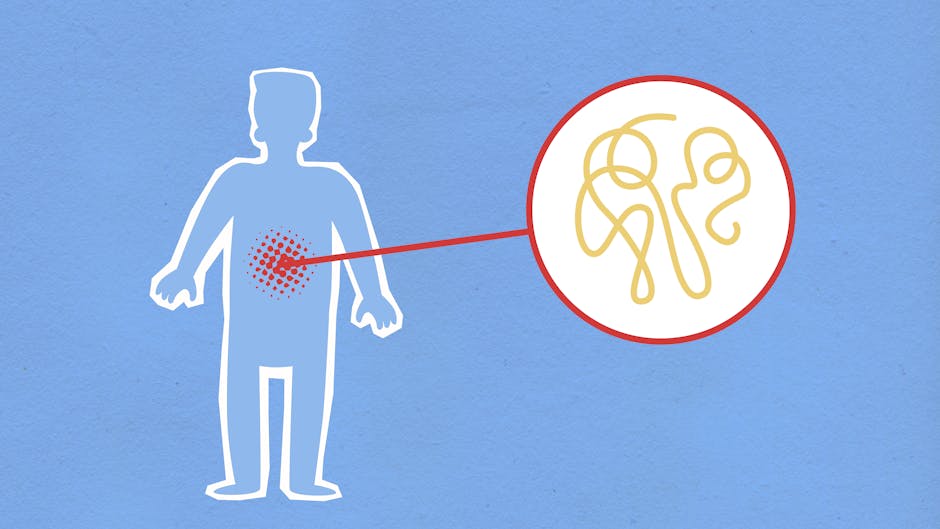Digestive Enzymes Key Players in a Healthy Digestive System
Digestive enzymes play a crucial role in maintaining a well-functioning digestive system. These specialized proteins are responsible for breaking down the food we consume into smaller, absorbable molecules. Without them, the body would struggle to extract essential nutrients from our meals, leading to potential health issues over time. Their importance extends beyond digestion, as they also contribute to overall energy levels and metabolic processes.

Produced naturally in the body by organs such as the pancreas, stomach, and small intestine, digestive enzymes ensure that carbohydrates, proteins, and fats are efficiently broken down. Factors like age, diet, stress, or medical conditions can sometimes hinder enzyme production. Understanding their role and learning how to support their function can significantly enhance digestive health and overall well-being.
What Are Digestive Enzymes?
Digestive enzymes are biological catalysts that speed up the breakdown of food into simpler forms. They fall into three main categories based on the macronutrients they target:
- Amylase: Breaks down carbohydrates into simple sugars for energy.
- Lipase: Aids in fat digestion by converting fats into fatty acids and glycerol.
- Protease: Targets proteins, breaking them down into amino acids necessary for muscle repair and other bodily functions.
The pancreas is the primary organ responsible for producing these enzymes, although smaller amounts are secreted by the mouth (via saliva) and stomach. When these enzymes function optimally, they help prevent symptoms like bloating, gas, and indigestion.
Causes of Digestive Enzyme Deficiency
A deficiency in digestive enzymes can result from various factors, many of which are lifestyle-related or age-associated. Common causes include:
- Aging: As people grow older, enzyme production naturally declines.
- Poor Diet: Excessive consumption of processed foods may reduce natural enzyme activity.
- Medical Conditions: Issues like chronic pancreatitis or cystic fibrosis impair enzyme secretion.
- Stress: Ongoing stress can disrupt proper enzyme production.
A lack of sufficient digestive enzymes can lead to malabsorption of nutrients, fatigue, and gastrointestinal discomfort. For those experiencing persistent symptoms, consulting with a healthcare professional is recommended.
The Role of Digestive Enzymes in Gut Health
The relationship between digestive enzymes and gut health is deeply interconnected. Enzymes not only assist in nutrient absorption but also support a balanced gut microbiome. When food isn’t fully digested due to insufficient enzyme activity, it can ferment in the gut. This fermentation often leads to bloating or an overgrowth of harmful bacteria.
Proper digestion facilitated by enzymes ensures that beneficial bacteria in the gut have access to nutrients they need for survival. This symbiotic relationship highlights why maintaining optimal enzyme levels is key to preventing gastrointestinal issues such as irritable bowel syndrome (IBS) or leaky gut syndrome.
Nutritional Support for Enzyme Activity
Certain foods naturally contain enzymes that can complement those produced by the body. Incorporating these into your diet may help boost digestion:
- Pineapple: Rich in bromelain, which aids protein digestion.
- Papaya: Contains papain that supports protein breakdown.
- Kefir and Yogurt: Provide probiotics along with lactase for breaking down lactose.
- Mango: A natural source of amylase for carbohydrate digestion.
For individuals with severe deficiencies or specific dietary restrictions, enzyme supplements may be beneficial. These should always be taken under medical supervision to ensure appropriate dosage and effectiveness.
Tips for Maintaining Optimal Enzyme Levels
Preserving digestive enzyme function involves adopting habits that support overall digestive health. Here are a few practical tips:
- Eat Slowly: Chewing food thoroughly initiates enzyme action in saliva before it reaches the stomach.
- Avoid Overeating: Large meals can overwhelm your body’s ability to produce enough enzymes at once.
- Stay Hydrated: Proper hydration supports enzymatic reactions within the digestive tract.
- Avoid Processed Foods: Opt for whole foods that naturally contain beneficial nutrients and enzymes.
The human body relies heavily on digestive enzymes to maintain efficient digestion and nutrient absorption. Factors such as age, diet, and health conditions can impact their production; Incorporating enzyme-rich foods or supplements when needed can help restore balance. Prioritizing habits that nurture your digestive system will not only improve digestion but also enhance overall quality of life.
